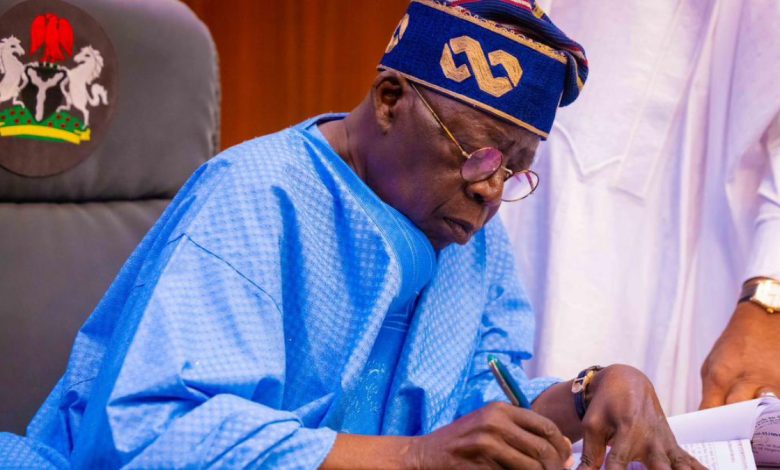
Under President Bola Tinubu’s administration, the Nigerian government has secured a substantial $6.45 billion in loans from the World Bank within a 16-month period. This recent approval includes three loans totaling $1.57 billion aimed at supporting critical sectors such as health, education, and climate resilience.
Historically, the World Bank has consistently provided financial support to Nigeria, approving a total of 36 loans worth over $24 billion in the last five years. These funds are intended for various development projects, including economic stabilization, women’s empowerment, and renewable energy initiatives. However, there are growing concerns about the escalating debt burden, with Nigeria’s debt servicing costs soaring to N6.04 trillion in the first half of 2024, reflecting a 68.8% increase from the previous year.
The continued borrowing raises questions about the effective utilization of these funds, especially given the longstanding issues of infrastructural decay and high unemployment in the country. Many Nigerians express skepticism about whether past borrowings have adequately addressed these critical challenges.




